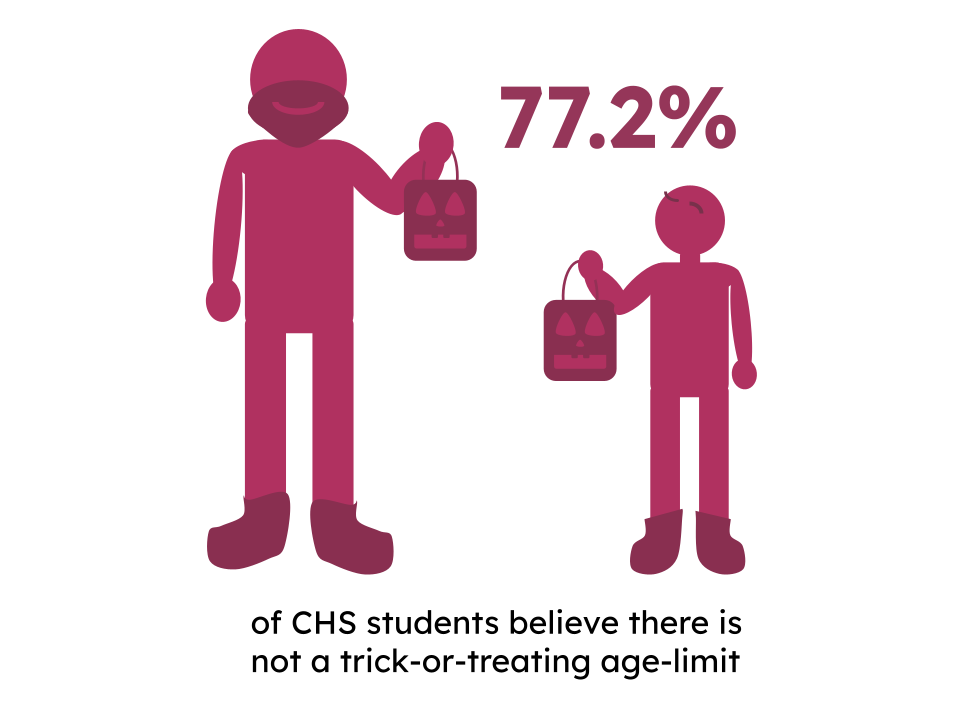By OLIVIA IANNONE
Staff Writer

“I’m stuck. What’s left of me now? Nothing stops. I have nobody. I need someone. My name is Amanda Todd.”
These sentences sound like they could either be the final lines of a suicide note or a last, desperate cry for help. Either way, when I tell you that their author committed suicide on October tenth, it probably won’t come as a surprise. Partially because it is obvious from her words, and partially because I assume you haven’t been living under a rock for the past few days.
As popular as Todd’s video has now become, it was totally ignored for weeks before she died. Her cries for help were left unanswered, and now that there’s nothing anyone can do, sympathy has come pouring out of everyone.
15-year-old Todd’s story created headlines across her home country of Canada as well as the United States. Ever since flashing her chest to a stranger over webcam at the age of twelve, Todd had been a victim of relentless torment, cyber bullying, and public humiliation. It drove her deep into depression, and caused her to publish the now-viral video in which she tells her story through note cards.
A Facebook page called “R.I.P. Amanda Todd” currently has over 565,000 likes, and the number is constantly rising. It’s filled with sentiments like “I wish you the best on your travels to paradise,” and “It is not ok to express any kind of abuse to another being.”
In the physical world, it seems like everywhere I turn, groups of teenagers are preaching about how sick the world is and what a shame Todd’s fate was. But they have also never made the slightest effort to stop bullying before this incident.
Sometimes, a tragedy is necessary to raise awareness. But why should it take a suicide to bring this story to the surface when the already-tragic action had been building for years?
Todd’s video was published a full month before she killed herself. She was obviously in desperate need of help, and extended her plea on the very same form of media that brought her torment three years ago.
But it didn’t catch on. The entire Internet ignored her video for weeks – until she was dead.
No one spreads these stories of bullying until it is too late to help. Now, Todd’s sad story is firmly in the past, and there’s nothing anyone can do to change the ending. Now the teenagers from her town are providing the support that she needed, but it’s a few weeks too late.
They knew what was going on. The signs were all there. If the thousands of British Columbia teenagers who have come out of the woodwork to grieve really cared, shouldn’t they have jumped at the opportunity to save Todd’s life while they still had the chance?
It seems as though many of Todd’s innumerable mourners who condemn bullying so loudly aren’t too sincere. They’re all talk. Now that she’s gone, they can say all they want without having to acknowledge the scary reality of a fellow human being’s pain – and thus, acknowledge their natural moral obligation to really do something about it. They don’t have to be connected or held responsible to what Todd was feeling.
This is a prime example of the irony of human empathy and cowardice. Todd had sympathizers when she needed them, but she never knew of their existence. Maybe their insincerity or fear held them back, or they were simply blind to reality until the shock of her death woke them up. Either way, they had the power to rally and save her life, but they waited too long to realize it.









